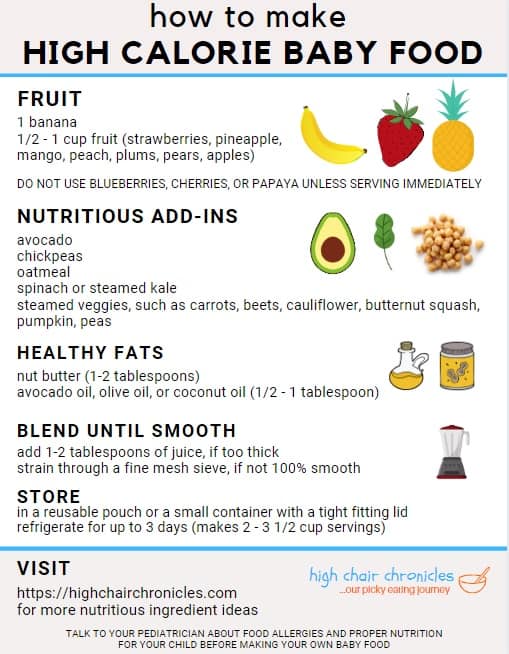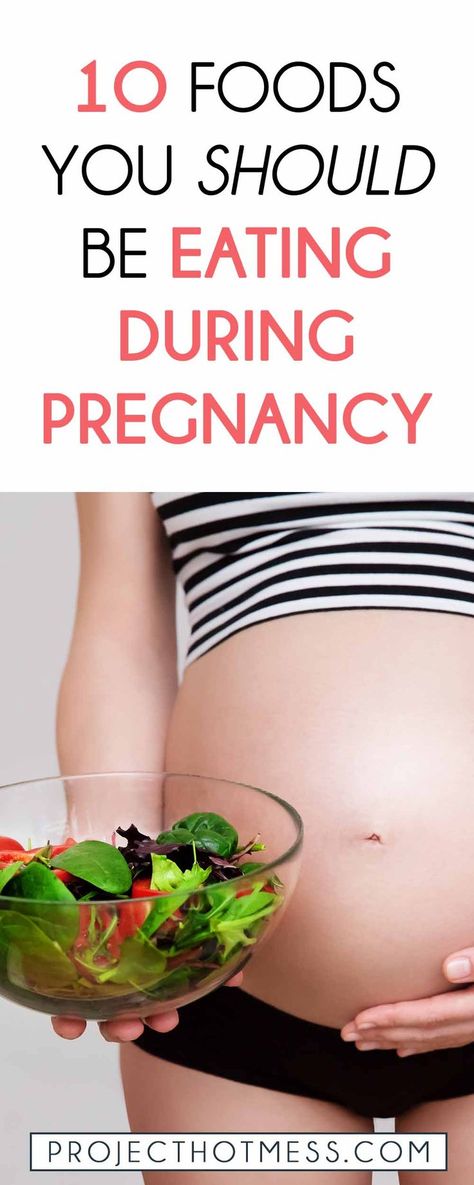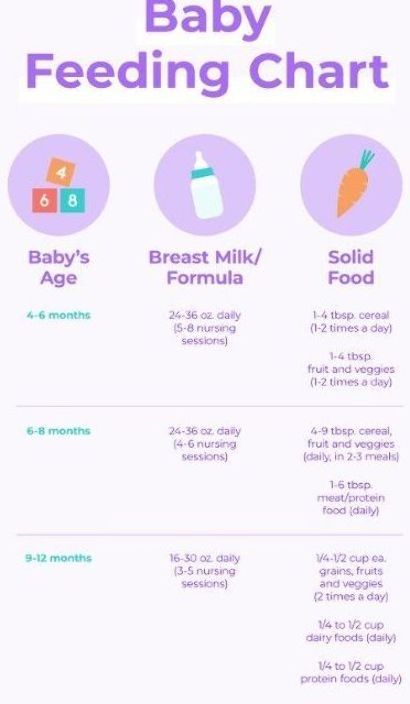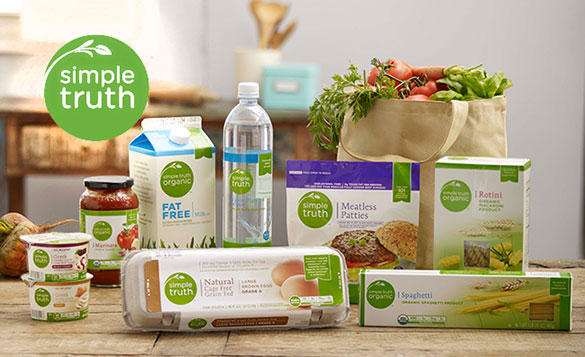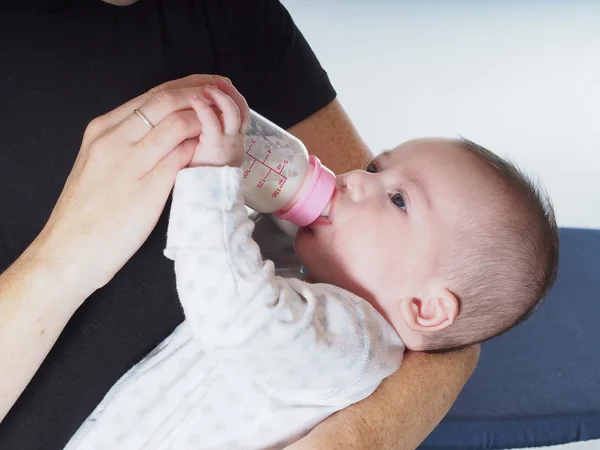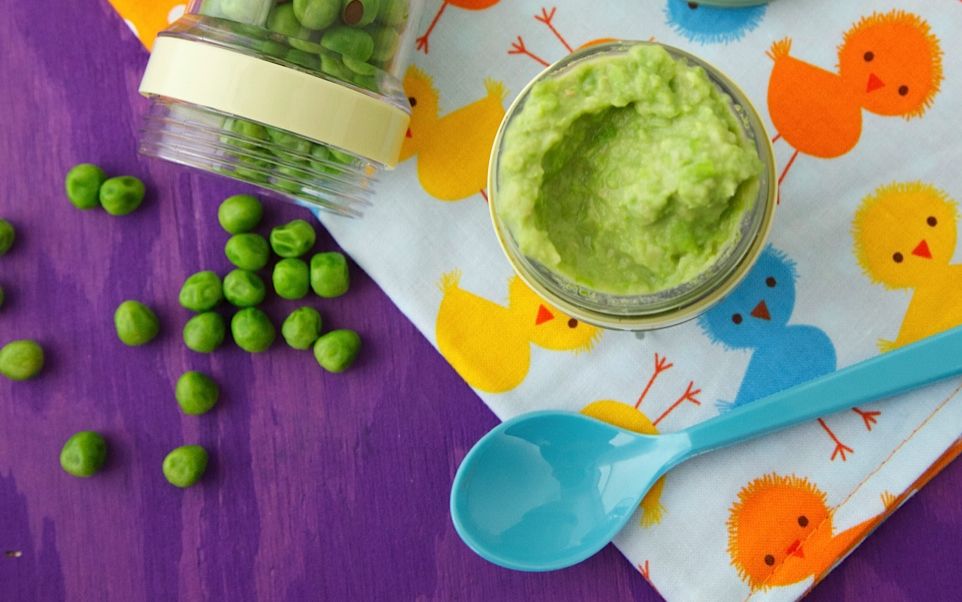High calorie foods to gain weight for babies
High Calorie Diet for Infants and Toddlers | Health and Nutrition Facts for You | Patients & Families
Some infants and toddlers need to eat a high calorie diet to gain weight. This can be hard to do because they have tiny tummies. This handout will give you some ideas for high calorie foods to try, as well as items to add to foods that will boost the calorie content.
There is no perfect order for introducing solid foods. Parents often offer single grain, iron fortified cereals as the first food. This is not required. Pureed meats are a good first food because they are higher in calories, protein, iron, and zinc than many other choices.
Add new foods into your child’s diet one at a time. Wait 3 days before adding another food. Watch for signs or symptoms of a food allergy. If there is not a family history of food allergies and your child does not have eczema, you may start peanut butter, nut butters, eggs, and fish along with other solids. Delaying these foods can increase food allergies.
If your child needs to be on high calorie fortified infant formula or breast milk, please talk to your health care provider first. You should be taught about the right recipe. This is to prevent an excess intake of nutrients to prevent constipation and dehydration.
Try thinning with formula, broth, or breast milk when you first offer these foods.
Avocadoes (pureed)
Beans – black, navy, red, pinto, kidney, white (cooked and mashed)
Eggs (mash the yolk)
Bananas
Mangoes
Lentils (cooked and mashed)
Fresh ground meats (dark meat poultry, beef, lamb, pork)
Whole milk yogurt
Full fat cottage cheese (4% fat – may need to puree or try small curd)
Mashed sweet potatoes
Mashed potatoes
Mashed squash (acorn, butternut)
Peanut butter or nut butter (thinning will reduce stickiness)
Goat cheese
Cooked quinoa or buckwheat (soft grains that are higher in calories)
Sweet potato fries
Mozzarella balls
Cheese curds
Homemade cheese crackers or cheese puffs (see recipe)
Diced summer sausage
Dried fruit
Mini quiche
Hard boiled eggs
Frosted wheat biscuits
Diced grilled cheese sandwich
Homemade pancakes, waffles, and French toast sticks
Peanut butter balls (see recipe)
Sugar plums (see recipe)
You can add these items to pureed and mashed baby food, yogurt, cereals, and eggs.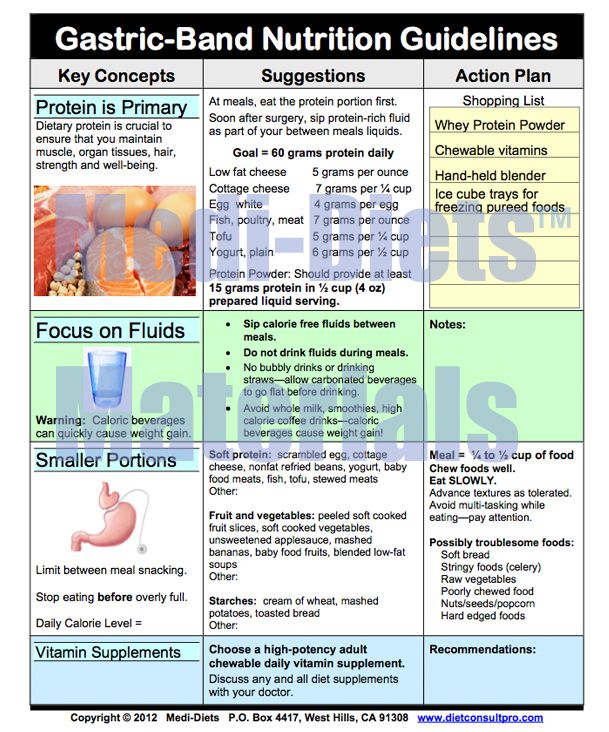 Start with 1/2 teaspoon for every ¼ cup and work up from there. Discuss with your provider.
Start with 1/2 teaspoon for every ¼ cup and work up from there. Discuss with your provider.
Oils (canola, safflower, flaxseed, walnut, and sunflower are good sources of essential fats)
Butter
Ground flaxseed
Ground chia seeds
Heavy cream
Cheese
Dry milk powder
Sour cream
Cream cheese
Maple syrup
Wheat germ
Make your own baby food. Although this requires extra work, it is often higher in calories. You could prepare all the food you will need a few times per month, put in ice cube trays, and keep in the freezer.
Talk to your daycare provider about adding extra calories to your child’s meals throughout the day.
Bring your own food to daycare.
Avoid giving more than 2 ounces of juice daily.
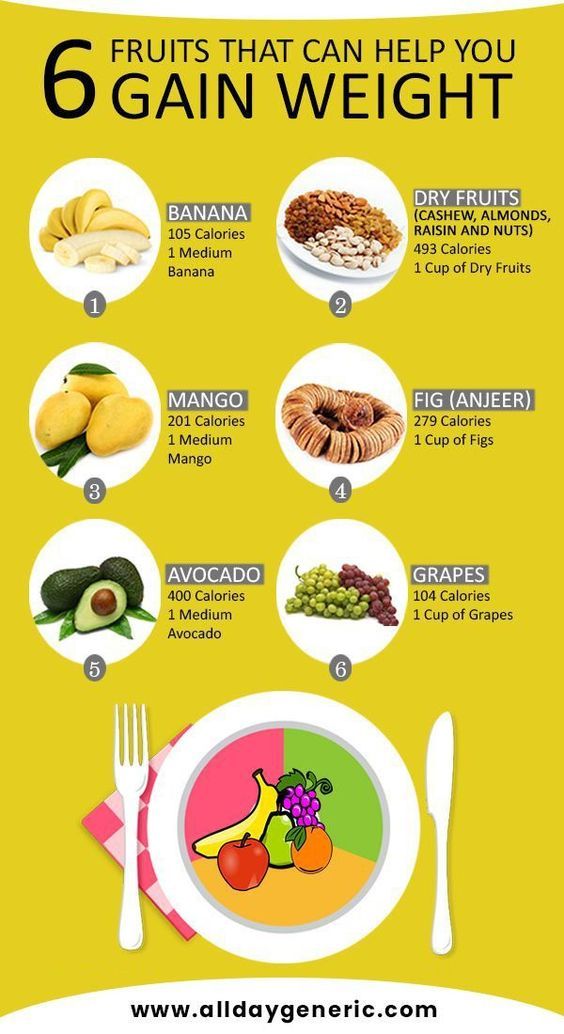 Juice will fill your baby up without providing enough nutrition.
Juice will fill your baby up without providing enough nutrition.
Try putting foods into a mesh bag to allow our baby to enjoy them without the fear of choking.
Cheddar Cheese Puffs
These are a soft, high calorie snack.
1 cup flour
6 Tbsp butter, chilled and diced
2 tsp baking powder
1-3 Tbsp heavy cream
3 cups grated cheddar cheese
Preheat oven to 350 degrees. In a food processor or mixer, combine first 4 ingredients until crumbly. Add the cream gradually until a dough forms. Using a 1 teaspoon scoop form the dough into balls. Bake for 15 minutes or until golden brown.
These are easy to make and nutrient dense!
1/2 cup creamy peanut butter
2/3 cup shredded coconut
1/3 cup maple syrup
1/2 cup ground flaxseed meal
1 tsp vanilla extract
1/3 cup mini chocolate chips
1 cup old-fashioned oats (raw)
In a mixing bowl, stir together peanut butter, syrup and vanilla extract.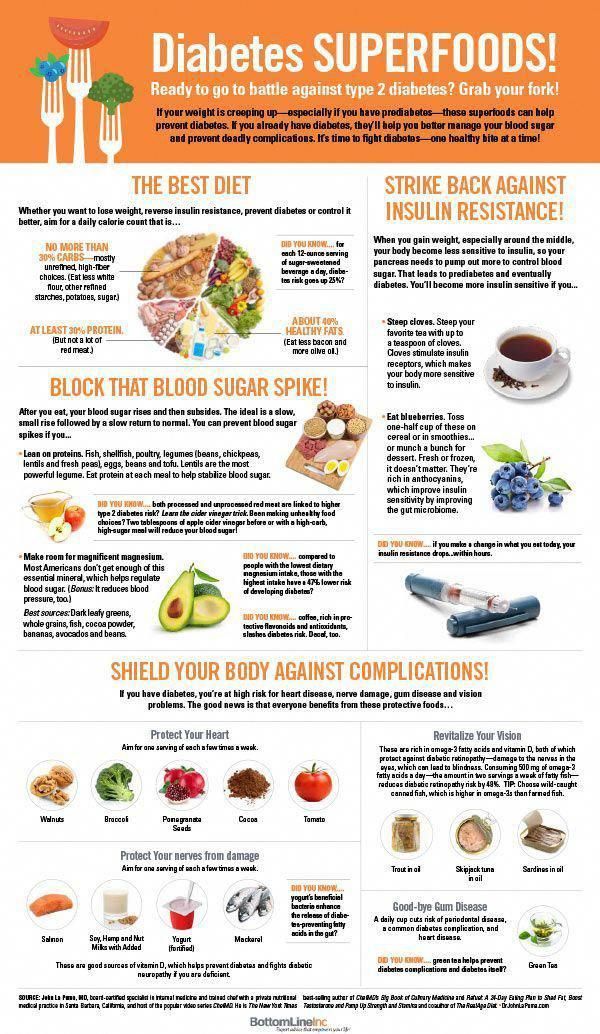 Add the rest of the ingredients and stir until coated. Transfer mixture to the fridge or freezer and chill until set. Remove from the fridge and shape into 1-inch balls. Store in the fridge in an airtight container.
Add the rest of the ingredients and stir until coated. Transfer mixture to the fridge or freezer and chill until set. Remove from the fridge and shape into 1-inch balls. Store in the fridge in an airtight container.
These are tasty, healthy, and great for little fingers.
3/4 cup nuts or seeds, toasted
1/2 teaspoon orange zest
1/2 cup dried plums (prunes)
1/4 cup maple syrup
1/2 cup dried apricots
1/2 teaspoon ground cinnamon
1/2 cup dried cranberries
1/4 teaspoon ground nutmeg
1/4 cup dried cherries
Put all ingredients in a food processor. Mix until smooth. Wearing gloves (or spraying hands with nonstick cooking spray), roll into 1-inch balls. Store in the fridge in an airtight container.
If you are a UW Health patient and have more questions, please call UW Health at one of the phone numbers listed below.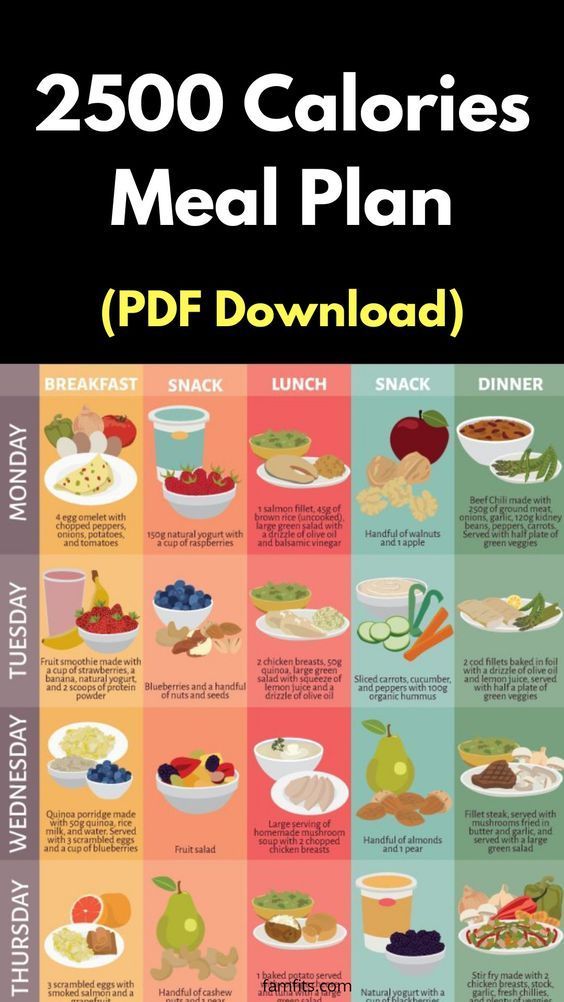 You can also visit our website at www.uwhealth.org/nutrition.
You can also visit our website at www.uwhealth.org/nutrition.
Nutrition clinics for UW Hospital and Clinics (UWHC) and American Family Children’s Hospital (AFCH) can be reached at: (608) 890-5500.
Nutrition clinics for UW Medical Foundation (UWMF) can be reached at: (608) 287-2770.
If you are a patient receiving care at UnityPoint – Meriter, Swedish American or a health system outside of UW Health, please use the phone numbers provided in your discharge instructions for any questions or concerns.
The Best High Calorie Foods for Babies
The best 19 high calorie foods for babies/toddlers, tips for baby weight gain, and high calorie baby food recipes and easy add-ins. Everything you need in one spot!
There are two reasons parents are often looking for high calorie foods for their babies. The most common reason is for peace of mind. As parents, we love to know that our babies are getting lots of nutrition and calories so they can grow big and healthy.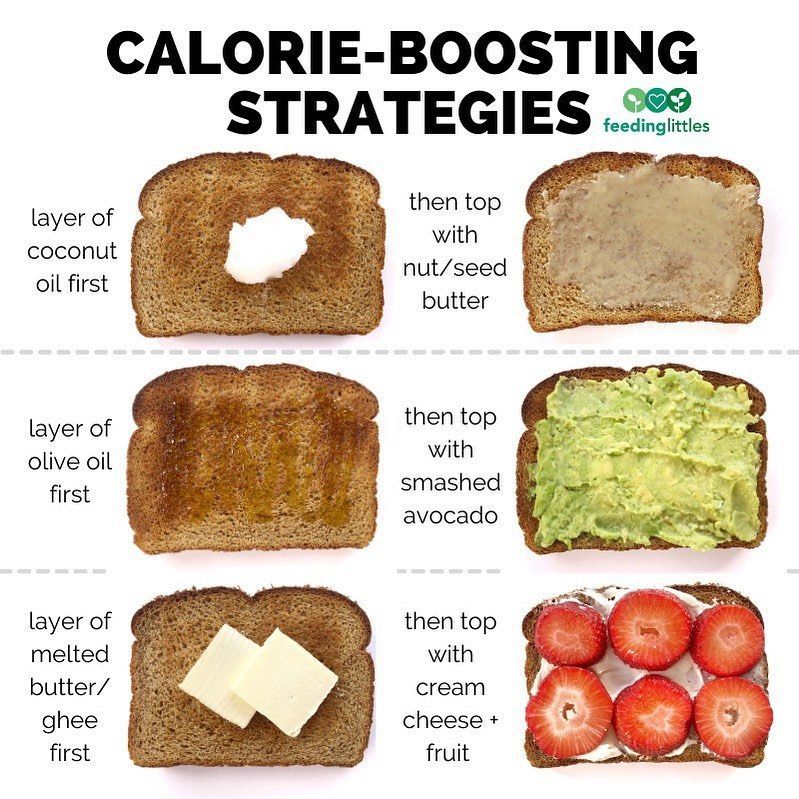 And, truth be told, while it’s totally fine, many baby foods are very low in calories.
And, truth be told, while it’s totally fine, many baby foods are very low in calories.
The second reason that you may be looking for high calorie foods is because you either feel, or have been told, that your baby is small and maybe even needs to put on weight. While in some cases, weight gain can be a very important goal, more often, those extra calories are simply a nice buffer. For those of you that are in a dire weight situation, I’ll have some extra tips for you at the end of this post.
As an OT working with babies, I’ve talked with families that very much did need or want to focus on high calorie foods for babies with weight gain in mind. This list has all of the foods and tricks I’ve used over the years to get those extra calories in! Make sure you don’t miss the free printable of this list at the end of the post.
Also, this list of foods that are higher calorie will work perfectly for toddlers too!
Affiliate links used below.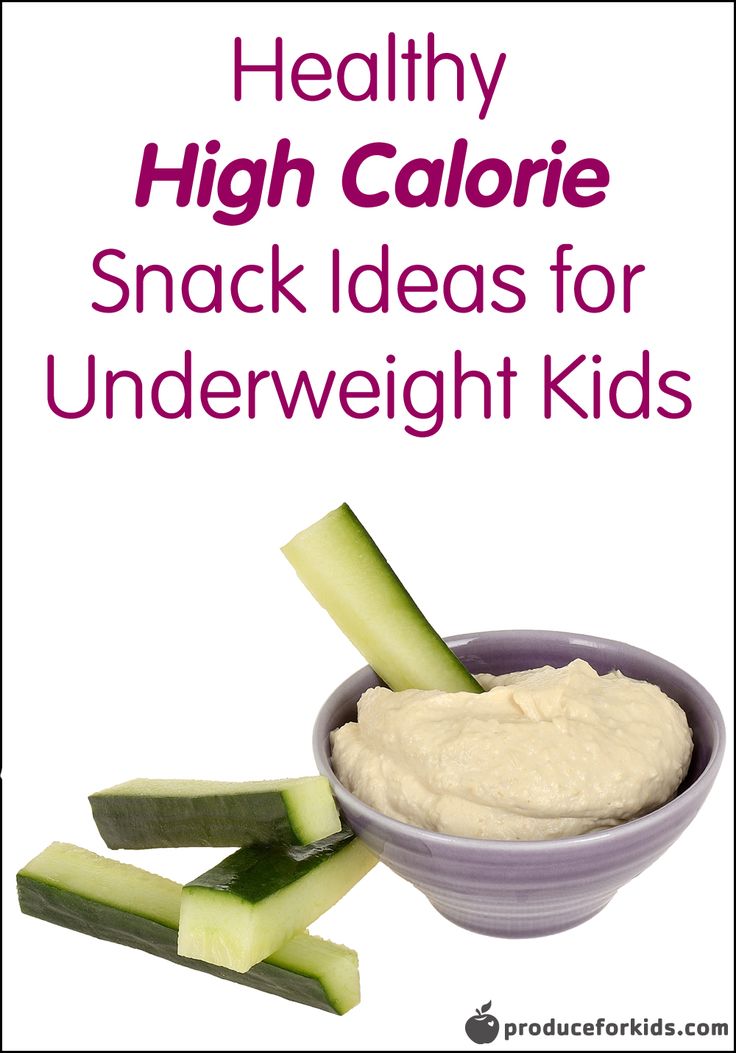 See our full disclosure.
See our full disclosure.
High Calorie Foods for Babies
This list is for babies that are at least 5-6 months old and are totally appropriate through toddler age and beyond. If your baby is under 4 months old, breast milk and formula is the best and only option, and your pediatrician should be giving you guidance if weight gain is a concern at this point. If you’re concerned about a sensitive gag reflex or your baby has difficulty eating, head to this baby gagging guide.
Most of the foods you’ll find on the list below can be pureed to either add into or create baby food. I’ll share some specific recipes at the end for high calorie baby food blends! Otherwise, if your baby is already eating finger foods, these high calorie foods can be served in diced or stick-shaped pieces.
Beans
-
- Perfect finger foods and easy to mash or puree, not to mention super healthy brain food!
Avocado
-
- Incredibly easy to add to many foods because of it’s mild taste and creamy mashed texture when its ripe.
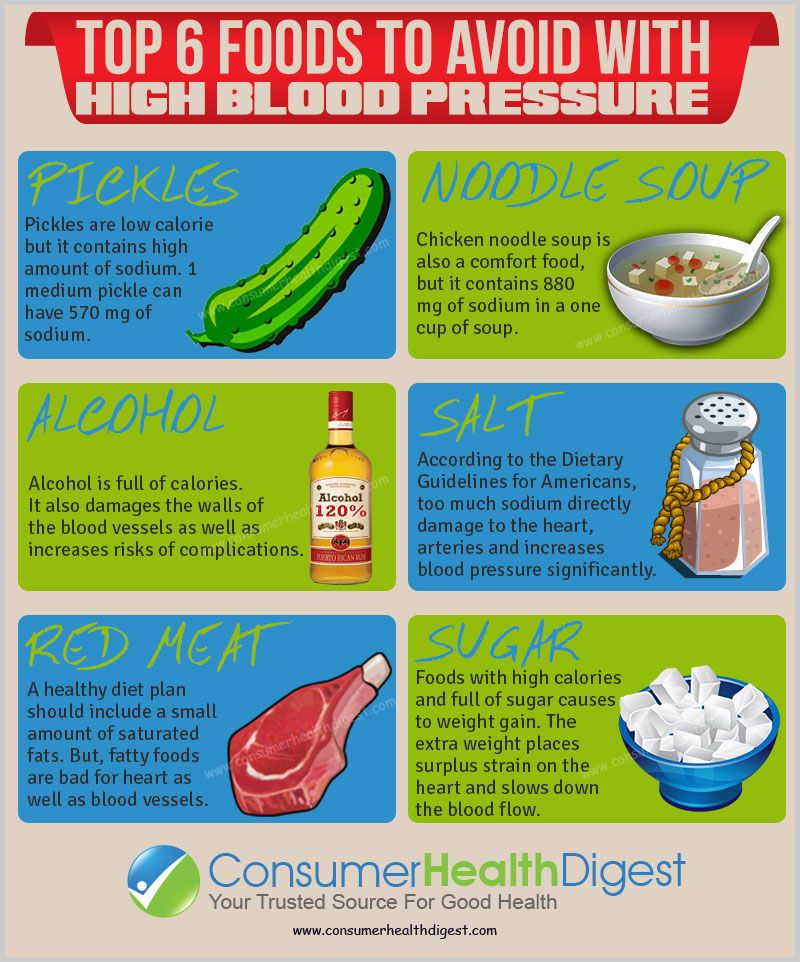 If avocado’s are new to you, read how to cut and prepare one here.
If avocado’s are new to you, read how to cut and prepare one here.
- Incredibly easy to add to many foods because of it’s mild taste and creamy mashed texture when its ripe.
Whole Fat Yogurt
-
- At 6 months of age, babies can have yogurt, which they often love! Make sure it’s whole fat, not 2% or skim, which many yogurts are.
Banana
-
- Classic baby food perfect for dicing, slicing, and pureeing. Babies often love this super sweet fruit that packs a big calorie punch!
Eggs
-
- Scrambled or omelet style eggs are often best for calories because baby is sure to get the yolk. Don’t offer hard boiled eggs too often if your baby always skips out on the high calorie yolk.
Sweet Potato
-
- A super versatile brain food that can be offered diced, mashed, or as fries. Think about adding in some butter and even a little syrup if you really need those extra calories.
Lentils
-
- Easy to puree these and add into other baby foods.
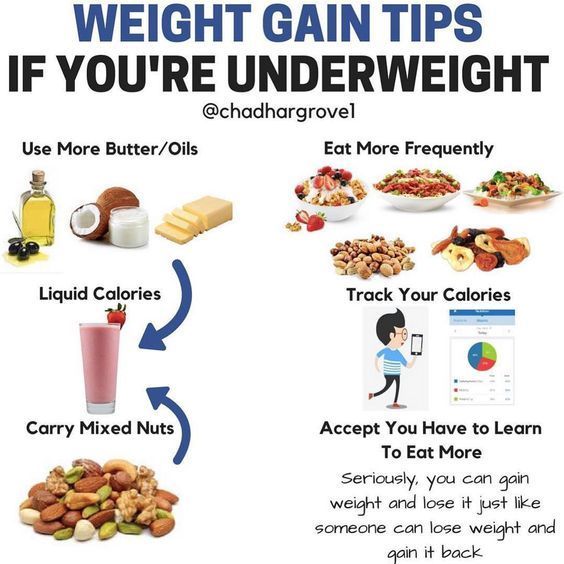 Or, mix with noodles, rice, or spread on toast.
Or, mix with noodles, rice, or spread on toast.
- Easy to puree these and add into other baby foods.
Vegetable and Fruit Breads (zucchini/banana/pumpkin, etc.)
-
- So many different variations you can make, all of which are higher in calories. My favorite recipe is this banana, pumpkin, sweet potato bread. It’s a triple threat and filled with lots of “extra” but healthy calories.
Salmon
-
- Full of healthy fats and calories, salmon flakes apart easily for baby to feed themselves and it’s easily added to other foods, even baby food when blended up together. Or, make it one of my favorite ways and turn it into salmon patties that can be easily diced.
Quinoa
-
- Serve like oatmeal for breakfast. Can be added to many recipes like meatballs, cookies, and mac and cheese.
Cottage Cheese
-
- Not just for your grandma! Grab the full fat to dish up to your baby.
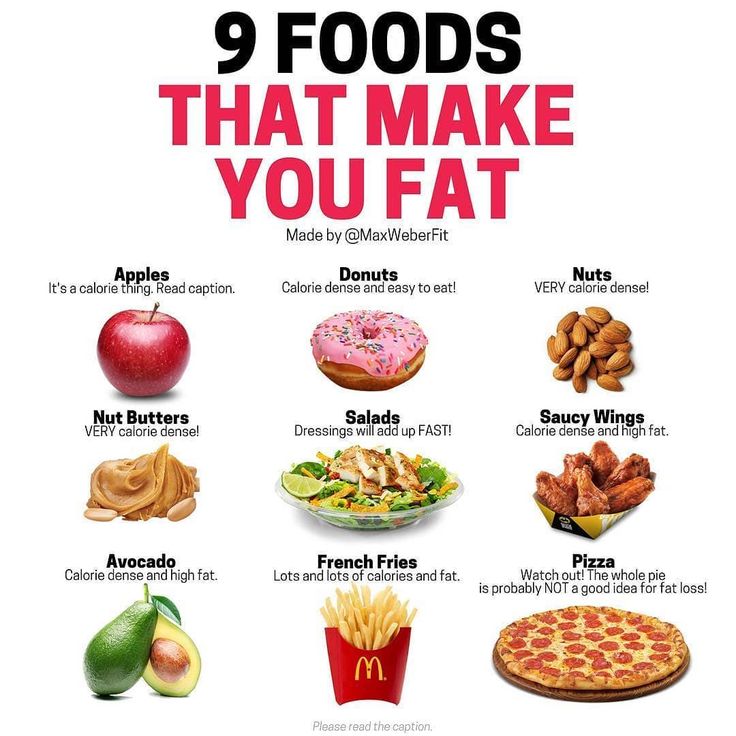
- Not just for your grandma! Grab the full fat to dish up to your baby.
*Learn 5 Big Mistakes that Parents (Unknowingly) Make When Feeding Their Baby or Toddler Table Foods in my free workshop. And, learn what to do to help them eat well!*
Nut Butters (peanut butter, almond butter, sunflower butter)
-
- Yes, peanut butter is safe, but talk to your doctor if you’re nervous. Use it to spread on toast and add into foods whenever you can. My middle son LOVED this not spicy peanut sauce when he was a baby on his noodles.
Ground Meats (beef, lamb, pork, dark chicken)
-
- The high protein and calories are a big score here. Make sure you’re also buying the highest fat content possible. Think meatloaf, meatballs, hamburgers, crumbles, etc.
Bread
-
- Keep checking those labels, not all breads are created equal. Go for whole grains and whole wheat to get the most calories and nutrition.
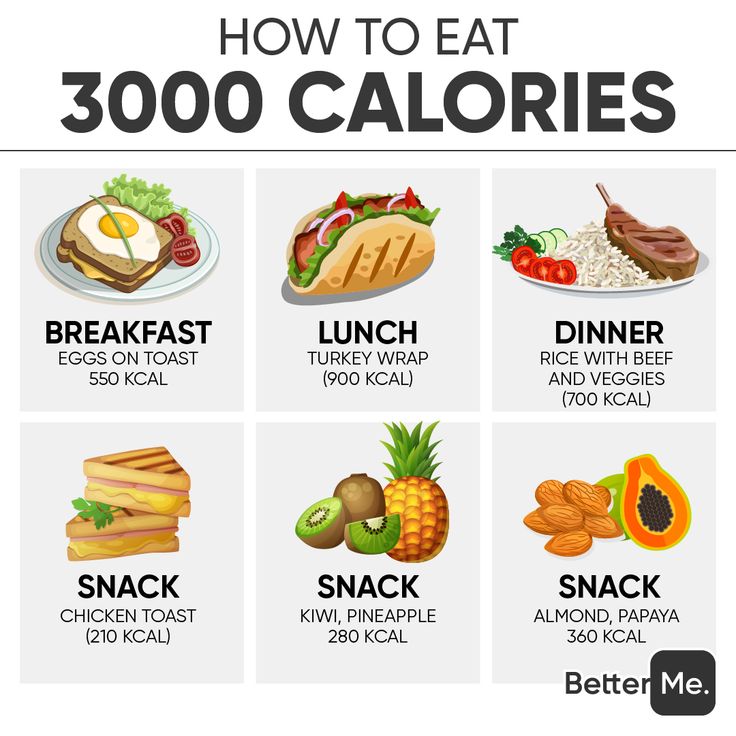 Of course, croissants and cinnamon swirl breads will bring a load of calories, too!
Of course, croissants and cinnamon swirl breads will bring a load of calories, too!
- Keep checking those labels, not all breads are created equal. Go for whole grains and whole wheat to get the most calories and nutrition.
Cheese
-
- Another high hitting calorie winner that can be served diced, sliced, or shredded. Cheese is also easily added into baby food, casseroles, or other purees to up calories even more.
Pancakes/waffles
-
- Often on a baby’s favorite list, take opportunities to maximize these with calories, even if you’re making from a box. You can easily add flax seed, almond flour, chia seeds, and/or oat bran to make pancakes and waffles heavy in calories. We regularly make these pumpkin waffles in my house, adding in a quarter to a half cup of any of the above ingredients will work!
Added butter
-
- Be generous in adding butter on toast and rolls. Think outside the box and stick up to a tablespoon in any of their pureed or casserole like foods, too! You can easily do this for just their serving so the whole family isn’t eating calorie heavy.
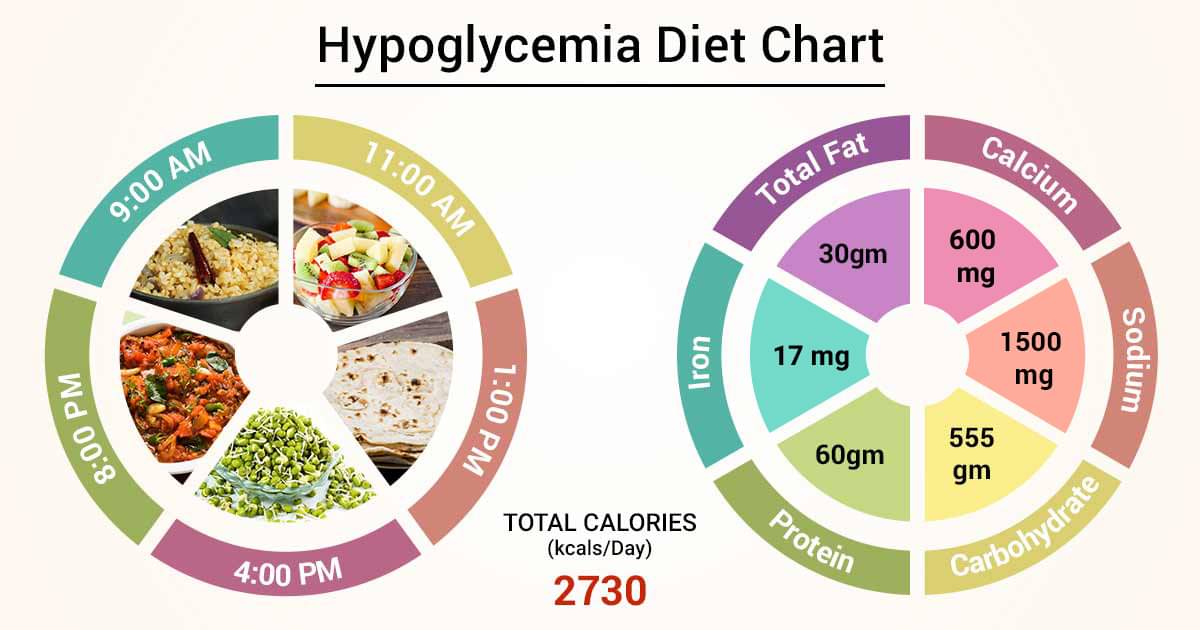
- Be generous in adding butter on toast and rolls. Think outside the box and stick up to a tablespoon in any of their pureed or casserole like foods, too! You can easily do this for just their serving so the whole family isn’t eating calorie heavy.
Added oil (coconut/olive oil)
-
- In the same way, add olive oil after cooking or coconut oil while heating and cooking foods.
Added sour cream
-
- You aren’t going to give your baby a bowl of sour cream, but a tablespoon or two of full fat sour cream can really add a lot of calories quickly. Whole fat Greek yogurt works the same way!
Tips for Using High Calorie Foods for Baby Weight Gain
I’m a mom, too, I get the worry. It can be suffocating sometimes how much I worry about my children, and when I think back to when they were babies, it can just take your breath your away. If your baby isn’t gaining weight well, it can downright consume you, understandably so.
There is hope though, and as a feeding therapist, I can tell you there are solutions, truly even for the most severe babes. Let’s walk through a few steps I’d suggest if you are in this not-so-fun place:
1.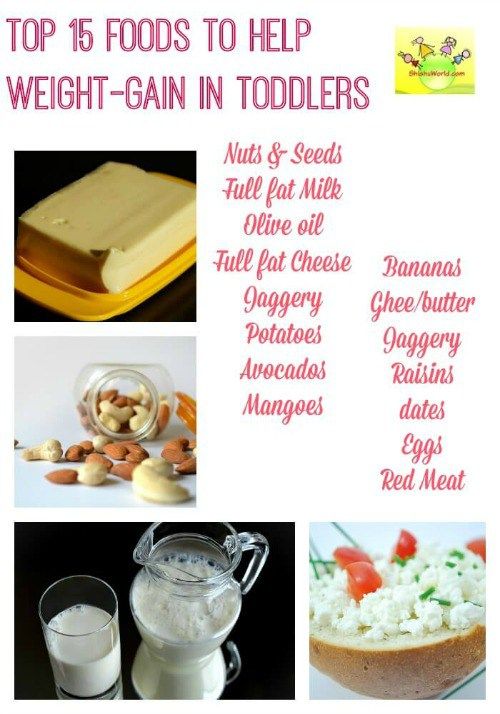 Check this guide on normal weight gain for babies to make sure your concerns are justified. I’m not saying to ignore your concerns one way or the other, but having a reference point can be helpful, of course, all babies are unique. And, no matter what the situation, talk to your child’s pediatrician, if you haven’t already.
Check this guide on normal weight gain for babies to make sure your concerns are justified. I’m not saying to ignore your concerns one way or the other, but having a reference point can be helpful, of course, all babies are unique. And, no matter what the situation, talk to your child’s pediatrician, if you haven’t already.
2. Whenever you’re feeding your baby any food at all, ask yourself if you’re maximizing the calories. Sometimes you won’t be able to, when it’s a puff (which are very low calorie by the way), but often you’ll be able to add something to the food you’re already giving them.
The end of this list focused on those add ins, use one every time you are feeding a puree or casserole. Just watch that you haven’t made it unpalatable.
If you suddenly add a lot of something that is foreign, they might refuse to eat it.
3. Take it a step further if you are in a desperate weight situation and even use maple syrup or honey (if they are over the age of 1).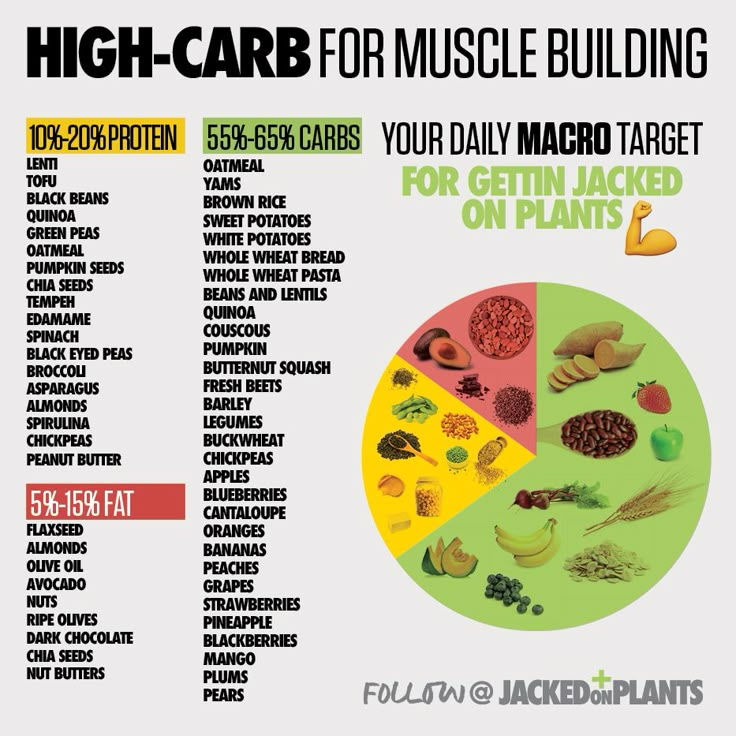 For now, you have to focus on the calories and can scale back on the sugar in the future. As much as possible, rotate in other add-ins like yogurt, butter, and oils. Don’t forget about adding these types of food to breads and toasts as well!
For now, you have to focus on the calories and can scale back on the sugar in the future. As much as possible, rotate in other add-ins like yogurt, butter, and oils. Don’t forget about adding these types of food to breads and toasts as well!
4. If your baby isn’t eating well, check in to make sure it isn’t because of sensory processing related difficulties with eating. Some babies that are sensitive to the way textures feel will refuse baby food right out the gate. Other babies might have a really hard time moving to table foods. Read my complete guide on how to transition to finger foods here (lots of tips for babies that are having a hard time with it.)
You can also grab a seat in free workshop: 5 Big Feeding Mistakes That Are Stopping Your Child From Learning to Eat Table Foods.
Click here to get a spot!
5. Plan ahead. Sounds simple, but it can have a really big impact. Pick one day out of the week and make sure you have all the ingredients you want to include in your baby’s meals so you have them when you need them.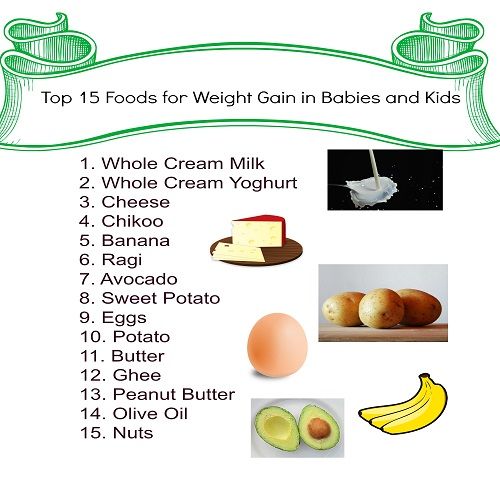 Also, write out their meals and even their snacks. When you step back and look at it, you’ll be able make sure you’re maximizing every opportunity.
Also, write out their meals and even their snacks. When you step back and look at it, you’ll be able make sure you’re maximizing every opportunity.
High Calorie Baby Food Recipes
As I mentioned earlier, you can use most of the high calorie foods listed to stick in a blender and hit puree. Don’t forget to add in some oil, butter, nut butter, yogurt, or sour cream to up the calories (if you’re going for big calories). In the pic above, I had blueberries (not high calorie) and added yogurt and flax seed. If not, these combo’s below stand as high calorie on their own.
Avocado + Pineapple + Banana
Sweet Potato + White Bean
Lentils + Carrots + Onions
Avocado + Pear Popsicle’s for Babies
If you want more inspiration, this is my favorite baby food book and it has lots of table food recipes too. Did I mention it’s written by a dietitian, so healthy weight gain is kept in mind throughout! And, click this link if you want my tutorial making your own high calorie baby food. Remember that any of these foods can be hand mashed or pureed and added to store bought foods as well. For mashing, I used this hand mill with a little crank, super quick. But, when my babies were smaller and I needed purees super smooth, I loved using a bullet blender like this one.
Remember that any of these foods can be hand mashed or pureed and added to store bought foods as well. For mashing, I used this hand mill with a little crank, super quick. But, when my babies were smaller and I needed purees super smooth, I loved using a bullet blender like this one.
Want a Free Printable?
I have a free High Calorie Baby Food list you can print out. You can get it here and I’ll send it to your inbox.
More Food Ideas for Babies
Mega List of Table Foods for Your Baby or Toddler
The Ultimate List of Baby/Toddler Meal Ideas
Easy Toddler Meal Ideas
Did You Pin This?
Pin it HERE to save for later!
Alisha Grogan is a licensed occupational therapist and founder of Your Kid’s Table. She has over 14 years experience with expertise in sensory processing and feeding development in babies, toddlers, and children. Alisha also has 3 boys of her own at home. Learn more about her here.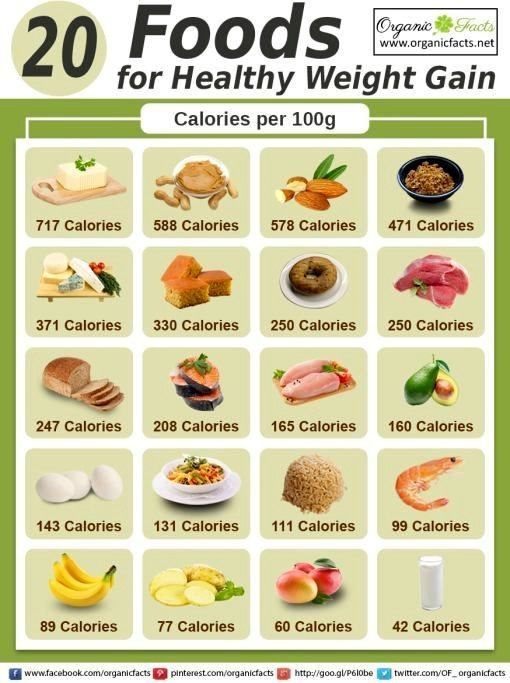
90,000 choice of the best products that will help your child gain weight in a healthy way
Admin
Content
- The best products for a healthy weight set
- Dairy products
- fats and oils
- Carletes 9000 9000 9000 9000 9000 9000 9000 9000 9000 9000 9000 9000 9000 9000 9000 9000 9000 9000 9000 9000 9000 9000 9000 9000 9000 9000 9000 9000 9000 9000 9000 9000 9000 Fruits and vegetables
- drinks
- Don't let kids spill drinks
- Allow food whenever you feel hungry
- Try several small meals a day
- Prevent kids from accumulating empty calories
- Include high-calorie supplements in your daily meals
- Don't limit your exercise
- Visit a nutritionist
All children need to gain weight as they grow and mature, but for some children gaining weight can be a real hurdle.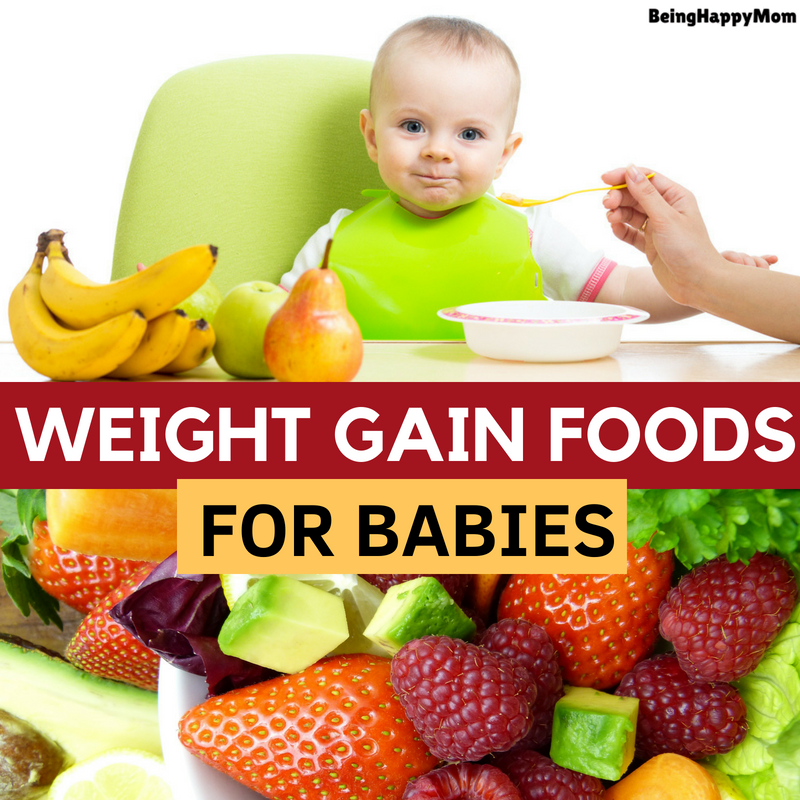 In fact, despite rising rates of childhood overweight and obesity, many children need a little help to put on a few pounds.
In fact, despite rising rates of childhood overweight and obesity, many children need a little help to put on a few pounds.
With the right nutritious foods, you can help your child gain weight in a healthy way. Here's a look at the best nutritional and calorie-dense options to prepare your child's meals and snacks that are both nutritious and promote weight gain. nine0005
The Best Foods for Healthy Weight Gain
Consider all food groups when working to move the needle on the scale. It's not just a constant diet of hamburgers and pizza that will make your child gain weight (although that may be their preferred route!). Even some fruits and vegetables contain more calories than you think.
Try any of these:
Protein
- red meat, including ground beef, steak and lamb
- white meat such as chicken and turkey (especially with skin)
- pork sausage, pork chops, bacon, ham and ribs
- fatty fish such as salmon, mackerel, tuna, trout and sardines
- eggs from nuts and seeds, such as cashew butter, almond oil, peanut butter and sunflower oil
- nuts and seeds, including pecans, walnuts, almonds, chia seeds and flax seeds
- soy proteins, such as tofu, tempeh and soy milk
Dairy products
- Full-fat yogurt
- Bold cheese
- solid or 2 percent milk
- Pacht
- in half or cream
- Smile 9000 9000
- 9,0002 Zhirs and oil 9,0002 Zhitsa and OIT OD avocado oil
- rapeseed oil
- oil
- salad dressings
Carbohydrates
- rice
- potatoes and sweet potatoes
- corn
- Dry breakfasts with a high fiber and protein content
- whole -grain bread
- Macaron products
- Swan
- OBOSED
- BATOLS with low sugar content, for example, 5 grams or less on a bar)
Fruits and vegetables
- coconut
- avocado
- figs
- dates
- raisins and other dried fruits such as apricots, cranberries and currants
- bananas
- zucchini and other root vegetables
drinks
Reasons your child might need to gain weight
There are many causes of underweight children, many of which have to do with three little words (which can sound a little scary): failure to thrive.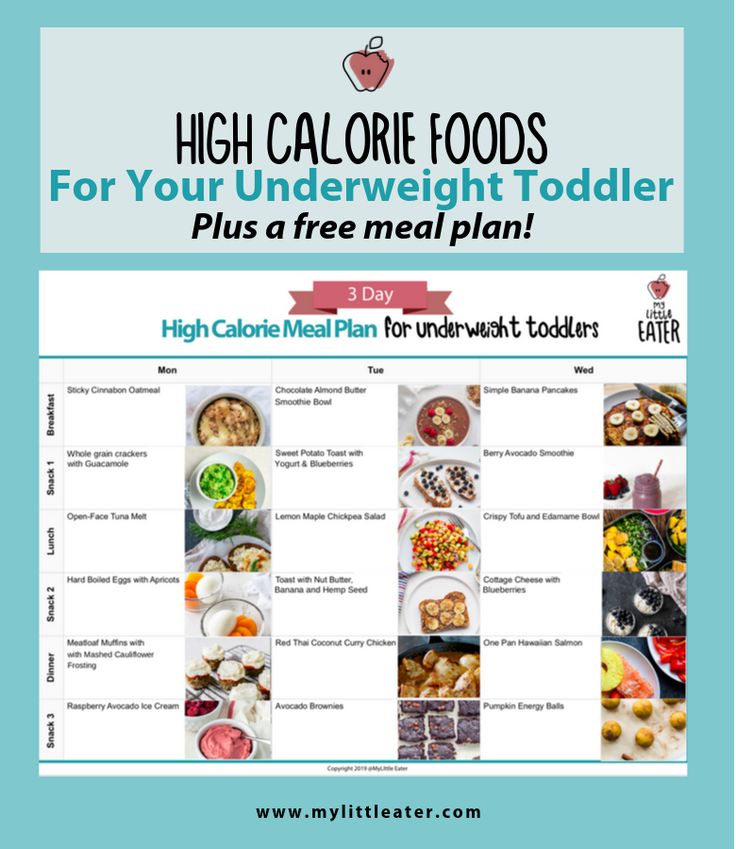
This medical term is not a disease and is not clearly defined, but usually refers to a child's slow growth due to malnutrition.
In infants, developmental delay may occur due to feeding problems such as:
- 0012
- allergy to formula ingredients
- reflux
All of these can lead to stunting.
Children of any age may suffer from developmental delay due to:
- undiagnosed food allergy or intolerance
- illness
- oral problems
- gastrointestinal diseases
- behavioral, developmental or neurological problems Certain are also notorious for interfering with appetite, causing weight loss or weight stabilization in children. nine0005
Medications used to treat Attention Deficit Hyperactivity Disorder (ADHD) in children, such as Ritalin, Dexedrine, and Adderall, are particularly known for their appetite-reducing side effect. If you think your child's medications may be affecting his appetite or weight gain, talk to your pediatrician about your concerns.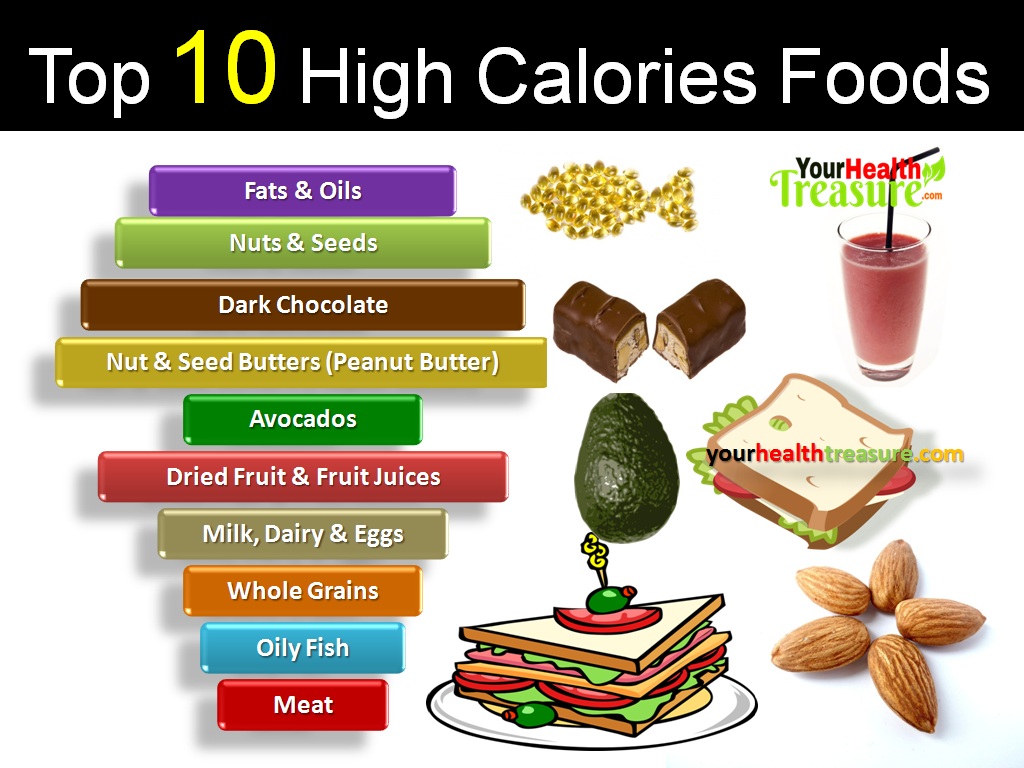 Do not stop taking any medication abruptly.
Do not stop taking any medication abruptly.
Sometimes your child's slow weight gain may be because he or she is not eating enough calories for her age. Active, growing children may need more calories than you think. For example, teenage boys often need the same amount of calories as adults. nine0005
For reference - and for your own peace of mind - the Centers for Disease Control and Prevention (CDC) defines "underweight" as being in the bottom fifth percentile of the height chart.
Regardless of the cause of your child's slow weight gain, the good news is that you, as a parent, have a lot of control over one major healing factor: their diet. A nutritious, high-calorie meal plan is the best place to start.
You can also set a good example by modeling healthy eating behavior and making nutritional choices. nine0005
When not to worry about your child's growth
When the graph point on your child's growth chart falls short of what you expect, it's only natural to take notice.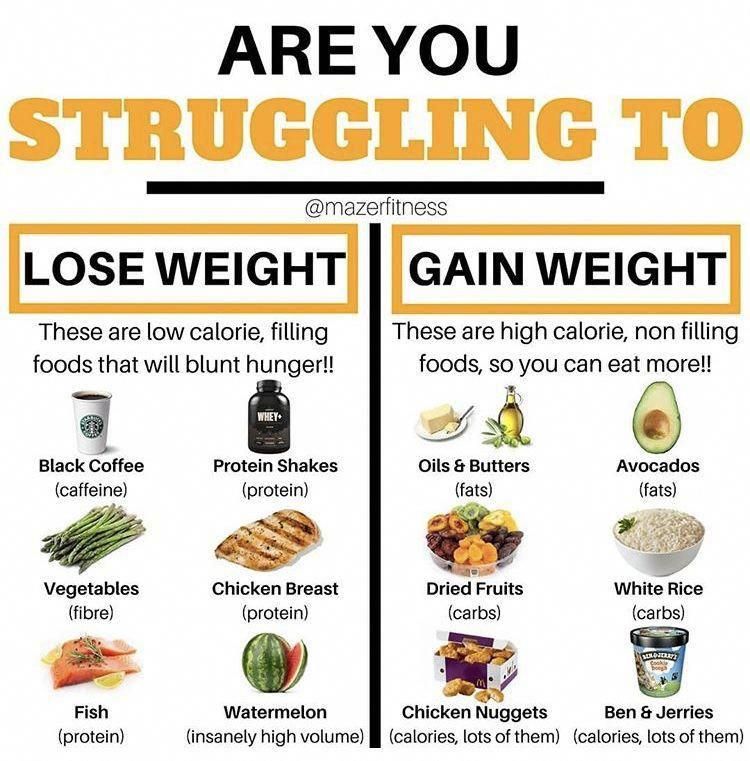 But some deviations in the growth process are normal.
But some deviations in the growth process are normal.
Pediatricians usually look at changes in your child's weight over time rather than a single weigh-in at a child's examination. They can also help focus your efforts at home on helping your child gain weight. nine0005
Don't worry if your child skips a meal here or there, or suddenly turns up their nose at certain foods (or, frankly, for toddlers, an entire category of foods).
Children's appetites may be fickle. Give your child time and space, knowing that this may very well be a temporary phase. (But keep offering a wide variety of foods!)
Healthy Weight Gain Tips
Using the foods listed above as building blocks, you'll be on your way to creating meals and snacks that will help your baby fill up. To further increase their healthy weight, try these tips. nine0005
Keep children from pouring drinks
Hydration is certainly important for children from infancy to adolescence. But sometimes too much liquid can compete with food for space in your baby's tummy.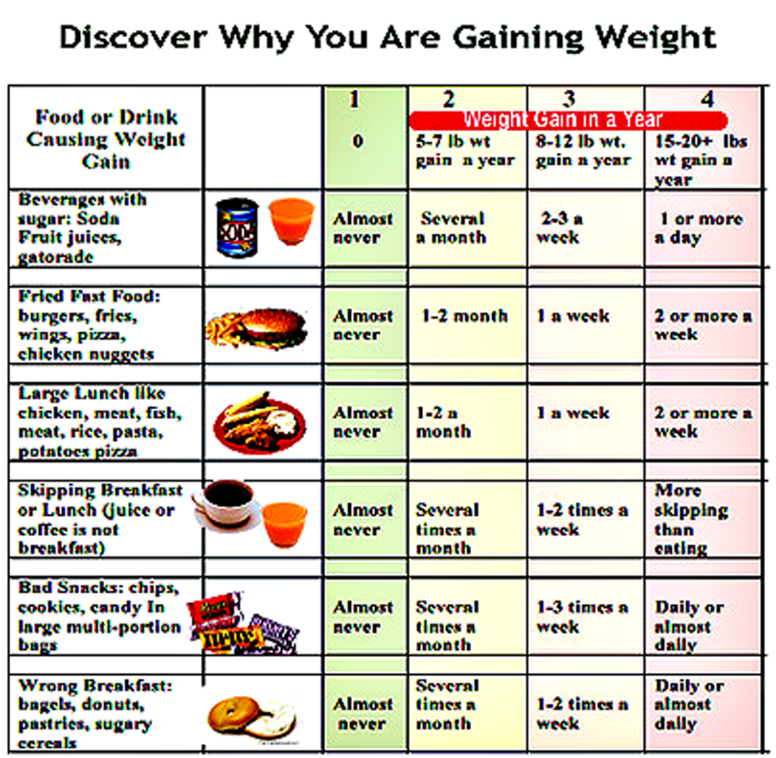 To stimulate your appetite, try offering food before drinks during meals. Also, avoid sugary drinks like sodas and fruit juices.
To stimulate your appetite, try offering food before drinks during meals. Also, avoid sugary drinks like sodas and fruit juices.
Eat whenever you feel hungry
Of course, for most of us, eating doesn't have to be an all-day entertainment. However, for children who are struggling to gain weight, allowing them to eat at any time of the day may be a perfectly acceptable approach. nine0005
Consider skipping pre-set meal times and snacks that you think are "normal" or "correct" and simply encourage your child to eat when he is hungry.
Try a few small meals a day
Here's another strategy that goes hand in hand with the "eating is always okay" model.
Instead of sticking to a rigid breakfast, lunch and dinner schedule, feel free to play with the frequency of your meals and snacks. Your child can consume more calories with six to eight small meals a day than with three meals a day. nine0005
Prevent children from accumulating empty calories
Foods such as sodas, potato chips, and fast food can lead to weight gain, but since these foods tend to be low in nutrients, they will not benefit your health.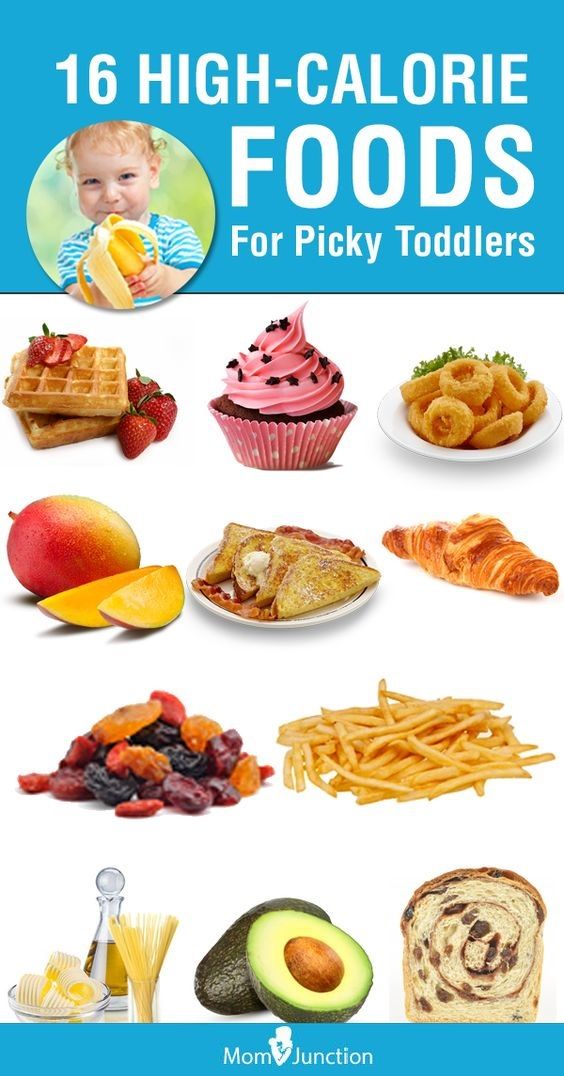 child. Choose more nutritious, whole foods as often as possible.
child. Choose more nutritious, whole foods as often as possible.
Include high-calorie supplements in your daily meals
We don't like the practice of hiding healthy foods in "kid-friendly" packages (watch you hidden veggie cookie), but adding high-calorie supplements to your daily meals is a different story. nine0005
For example, nut butter, avocado, coconut milk, and other high-calorie ingredients can be easily added to smoothies to add volume.
And when your child needs to gain weight, there's nothing wrong with using buttermilk in pancakes, sour cream in baked potatoes, or extra cheese in pasta or casseroles.
Don't limit exercise
Because weight gain is essentially an equation of calories in and out, it can be tempting to tell an underweight child not to be too active. But children need plenty of daily exercise. Unless recommended by a doctor, it is best not to limit their activity. nine0005
Visit a nutritionist
Putting everything together to help your child gain weight can be tricky.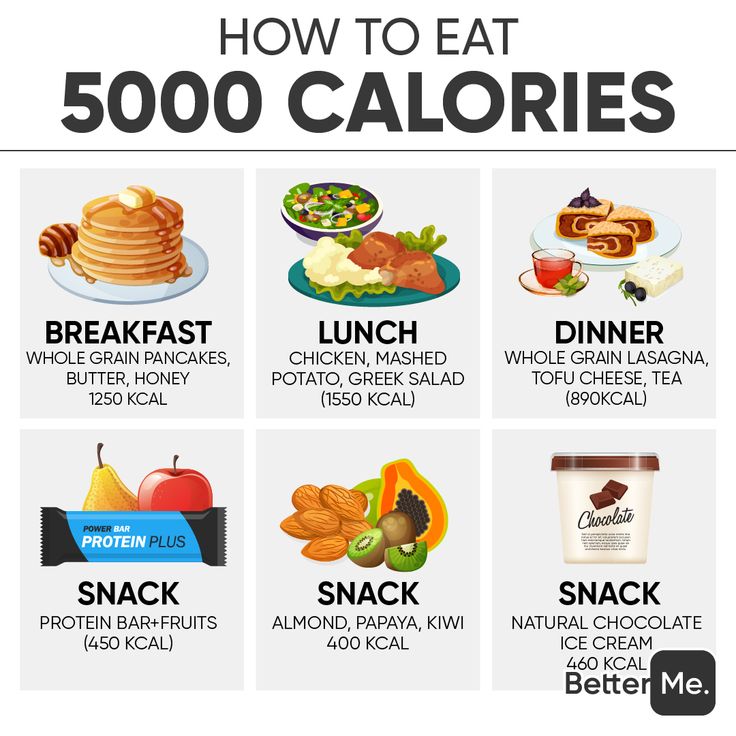 You don't have to go alone!
You don't have to go alone!
Seeking help from a nutritionist, especially a pediatrician, can make a huge difference. With expertise in baby nutrition, a pediatric dietitian can help you make the best choices for your child's diet.
When to talk to your pediatrician
You should never be embarrassed to ask your pediatrician a question, even if it seems silly. (Seriously, they heard it.)
If you are concerned that your child is not gaining weight properly, or if he seems to be regressing in his growth chart progress, do not be afraid to voice your concerns to your pediatrician.
Also, if you feel that your child looks "thin", has little energy, or has experienced behavioral changes or sudden weight loss, don't be shy. All of these are good reasons for further investigation.
Make sure you complete all recommended checkups for your baby to adequately monitor your baby's weight progression. nine0005
It is also definitely worth seeking professional help if your child refuses to eat for a long time, eg more than 24-48 hours, especially if you cannot identify the underlying cause, such as an illness.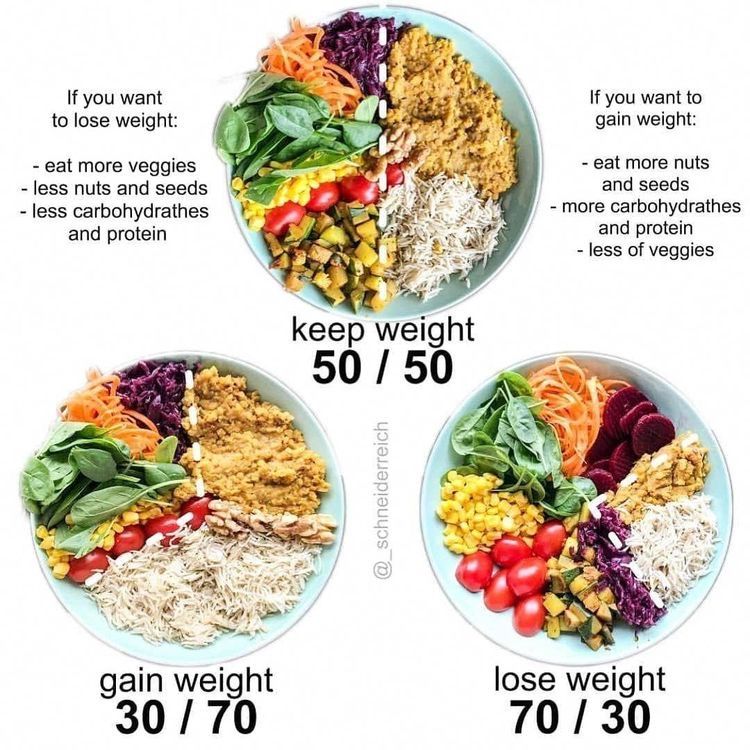
Because medications can interfere with healthy weight gain, be sure to talk to your pediatrician about the effects of any new medications.
Bottom line
As much as we in the adult world think of weight loss as a good thing, it doesn't necessarily apply to our children. A significant number of children actually need help gaining weight. nine0005
Get creative with the foods and suggestions above to complete your child's weight gain diet in a healthy way.
Healthwhat high-calorie and healthy foods to use for weight gain?
Valeria Leshchenko
Often children have no appetite, it's not worth forcing, but reconsider the diet. Read more about products for weight gain. nine0005
Let's start with the fact that sometimes parents can not correctly estimate the weight of the child.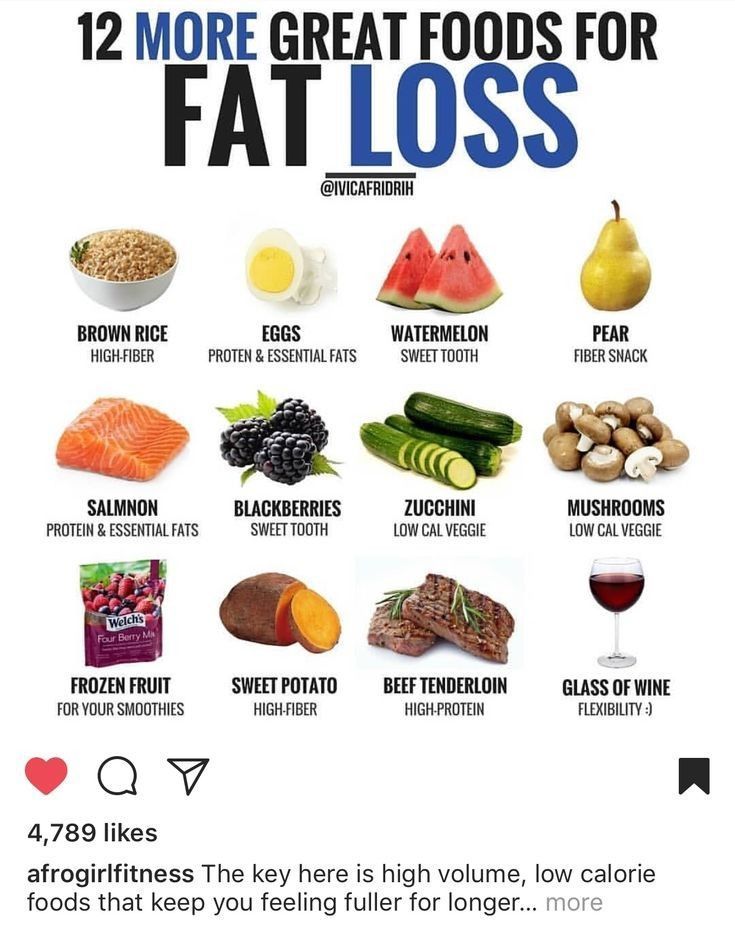 For parents, the child is always hungry, undernourished, and has poor weight gain. In this case, only a doctor can make a diagnosis, so you first need to make an appointment, and then just do something.
For parents, the child is always hungry, undernourished, and has poor weight gain. In this case, only a doctor can make a diagnosis, so you first need to make an appointment, and then just do something.
If a child's weight does not correspond to age (and other parameters), only in this case it is worth reviewing the diet of the whole family. Why all? Because parents are an example and support for the child. nine0005
Products for weight gain for children
Banana
100 g of bananas contain approximately 90 kcal (1 banana - approximately 180-200 kcal), as well as potassium, which is necessary for the normal functioning of the cardiovascular system and magnesium for mood (nervous system) ). Bananas are fast energizing, so you can easily take them with you as a snack, for example, to the playground, if you go on a picnic, to the hospital, etc. But bananas are best consumed in the morning. nine0005
Ghee (clarified)
Ghee is made from quality butter.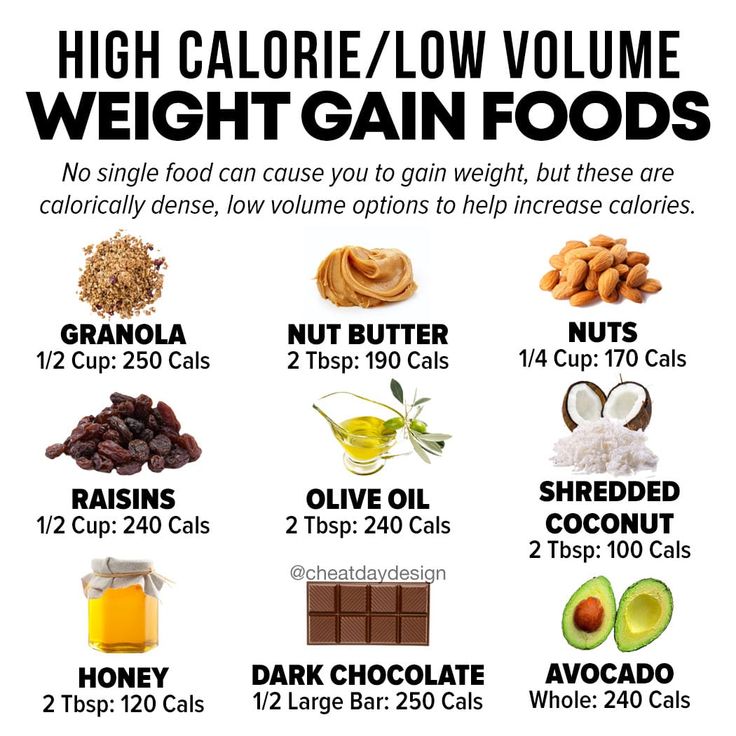 You can buy a ready-made version or cook at home. 100 g contains approximately 600 kcal, as well as vitamin E and A. In addition, it does not burn. If you cook on it.
You can buy a ready-made version or cook at home. 100 g contains approximately 600 kcal, as well as vitamin E and A. In addition, it does not burn. If you cook on it.
So, to prepare a homemade version of ghee, you need to take butter with at least 82% fat content, cut it into pieces and send it to the pan. Over low heat, the butter will first melt, then foam, and then begin to turn from yellow to amber. When the oil becomes a brownish hue, sediment can be seen at the bottom - impurities that were added to the product during its production. Now you need to pour the oil into a jar, but without sediment. nine0005
Natural yoghurt
Free of additives and sugar. Natural yogurt is rich in calcium and also has the right ratio of fat and calories to help your baby gain weight. However, as additives, you can use fresh fruits and berries, which are already available on the shelves of supermarkets and bazaars.
Potatoes
Of course, not chips and not fried.